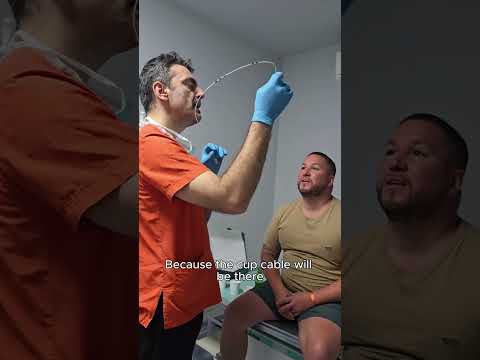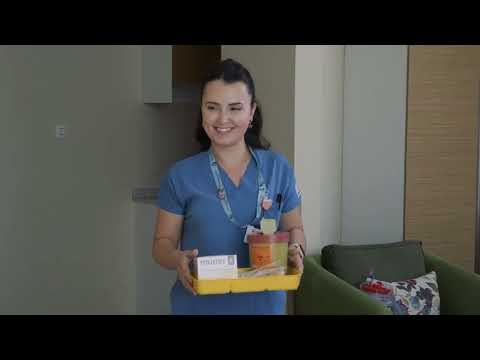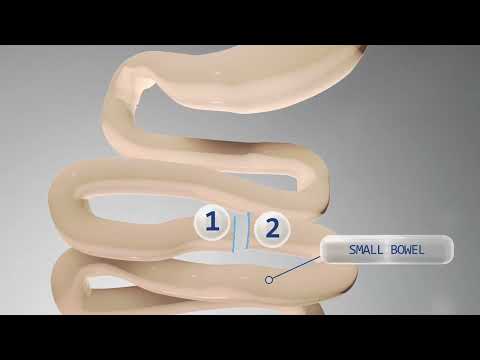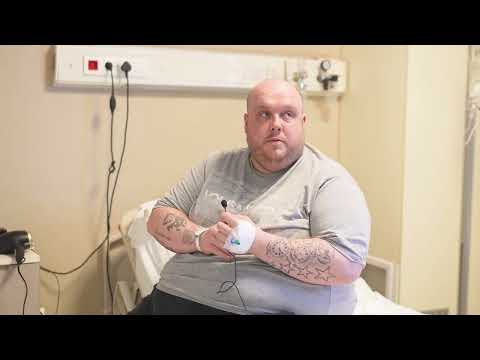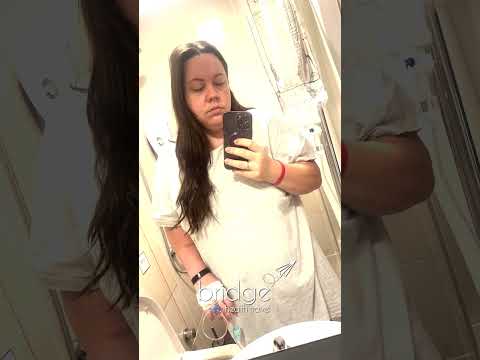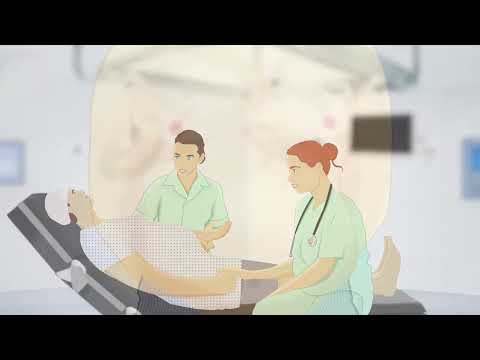what's the gastric sleeve? Get information and offer from 2000 GPB
Calculate Your Cost / Price
what's the gastric sleeve? Get information and offer from 2000 GPB
Gastric Sleeve Turkey, Mini Gastric Bypass Turkey, Gastric Bypass Turkey, Gastric Balloon Turkey, Scarless Gastric Sleeve Surgery Turkey, Gastric Surgery Turkey, Gastric Sleeve Antalya, Mini Gastric Bypass Antalya, Gastric Bypass Antalya, Gastric Balloon Antalya, Scarless Gastric Sleeve Surgery Antalya, Gastric Surgery Antalya, Gastric Sleeve in Antalya, Gastric Sleeve Price Antalya, Allurion Swallowable Gastric Balloon in Antalya, Gastric Sleeve in Turkey, Gastric Sleeve Price Turkey, Mini Gastric Bypass in Antalya, Mini Gastric Bypass in Turkey, Gastric Balloon Treatment Antalya, Gastric Balloon Treatment Turkey, Gastric Balloon Procedure All Inclusive in Turkey, Aesthetic Travel Antalya, Gastric Sleeve Travel Antalya, Gastric Balloon Travel Antalya, Gastric Bypass Travel Antalya, Aesthetic Travel Turkey, Gastric Sleeve Travel Turkey, Gastric Balloon Travel Turkey, Gastric Bypass Travel Turkey, Gastric Balloon in Antalya, Gastric Balloon in Turkey, Obesity Travel Antalya, Obesity Travel Turkey








